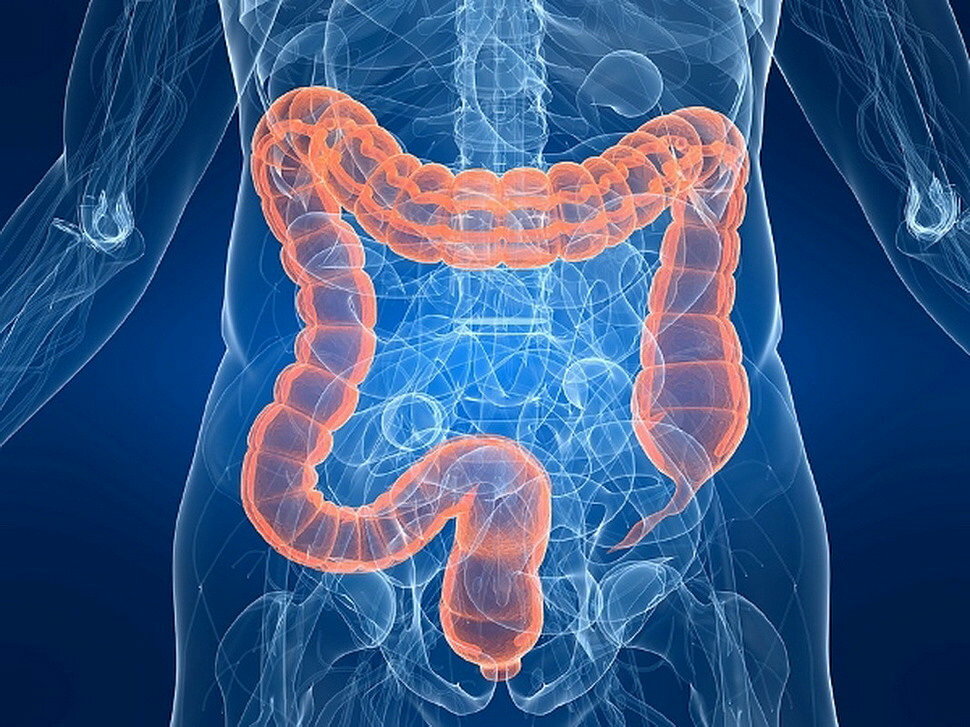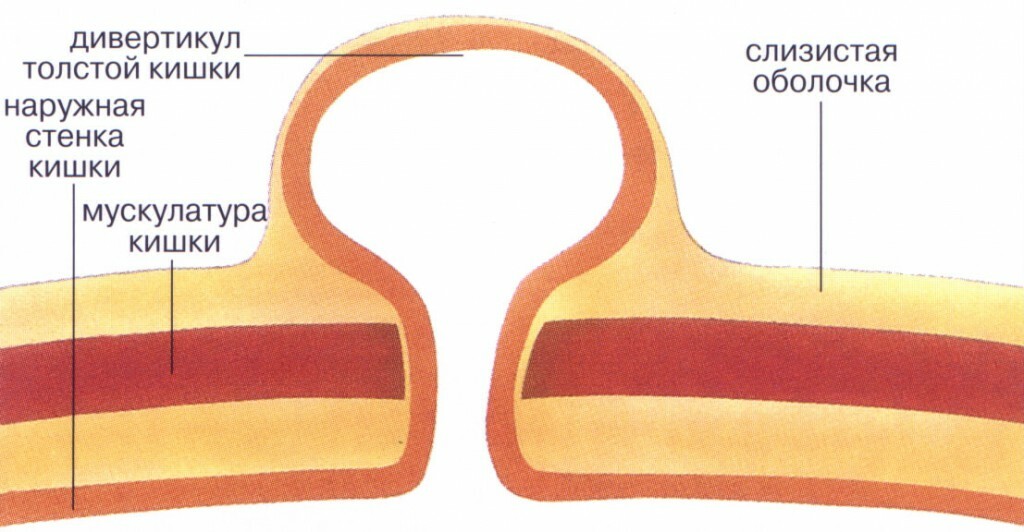Treatment of polyps of the rectum

Polyps of the rectum are benign formations that come in different sizes and shapes. In fact, polyps are proliferations of glandular epithelium, and their appearance may resemble villi or tubes. If there are signs of the appearance of polyps, you need to undergo a diagnosis in order to start the timely treatment of colon polyps, since this disease can be dangerous. Complications of this disease of the rectum can be: inflammatory bowel disease, cracks, paraproctitis, malignant degeneration. Therefore, it is impossible to delay with treatment and immediately you need to contact the proctologist.
How to treat polyps of the rectum
In case a person notices the impurity of mucus, blood in the stool, the appearance of discomfort during defecation, if the constant urges for the action of defecation are aroused, then one should consult a specialist.
Often the polyps of the rectum are mistaken for hemorrhoids. And the treatment of these two diseases is fundamentally different. Only the proctologist can make the correct diagnosis.
Treatment of polyps of the rectum is to remove them. Methods of surgical intervention may be different, the choice of one or another method depends on the location of the polyps, the type of polyps, their size and their number. But I want to emphasize that regardless of the shape and type of polyps of the rectum, they are always subject to mandatory removal with their subsequent investigation.
The main methods of the operation are divided into the main two groups - organ-preserving surgical techniques and resection of the gut with the polyp. With organ-saving operations, the colon polyps are removed without involving the rectum itself.
Electrocoagulation is, as a rule, in electrosurgical intervention with the help of electrodes, by which tissue destruction is carried out. This method of treating this bowel disease is used as a second step during the removal of colon polyps. Fulguration is also an electrosurgical method of treatment, which is used as one of the stages in the treatment of villous tumors. In the case when polyps are localized in 8-10 cm from the anus, transanal excision is used. This operation is performed with the help of an operating rectoscope. Resection of the rectum with the polyp, which are divided into surgical interventions according to oncological principles, for economical resection of the rectum with polyp, colonotomy, and removal of the polyp, are performed when there is malignancy of the neoplasms and there is a risk of their metastasis. Organ-preserving removal of polyps of the rectum in this case will not be effective.
A radical method of treating polyps of the rectum is excision of polyps. Since the colon polyps themselves are a precancerous disease, after the removal of their patients, a dynamic observation is performed - a colonoscopy and a sigmoidoscopy.
In the case of the secondary formation of polyps, the main treatment is mainly directed to treating the causes of their occurrence. For example, the treatment of ulcerative colitis, dysentery, proctosigmoiditis, etc. When polyposis affects the entire rectum, especially when there is bleeding, signs of proctitis with the release of pus and mucus, then you have to resort to complete removal of the rectum.
A measure of the prevention of colon cancer is the timely detection and subsequent removal of often asymptomatic polyps. For the prevention of the polyp of the rectum itself, the following recommendations should be observed: to give preference to vegetable fats in their diet;More include in the menu of coarse fiber( squash, pumpkin, cabbage, beets, turnips);Limit the use of alcoholic beverages( they contribute to the development of tumors).
In most cases, timely subsequent removal of the polyps of the rectum promotes recovery. But cases of relapses are frequent( mainly not earlier than in 1.5-3 years), so one year after removal of large polyps, a control colonoscopy is performed, and a regular endoscopic examination is also necessary.
The tendency to malignancy of this formation depends on the size of the polyp and the number of formations. Multiple large polyps are malignant more often( reaches a risk of malignancy of 20%).A family polyposis is particularly prone to degeneration into cancer.



